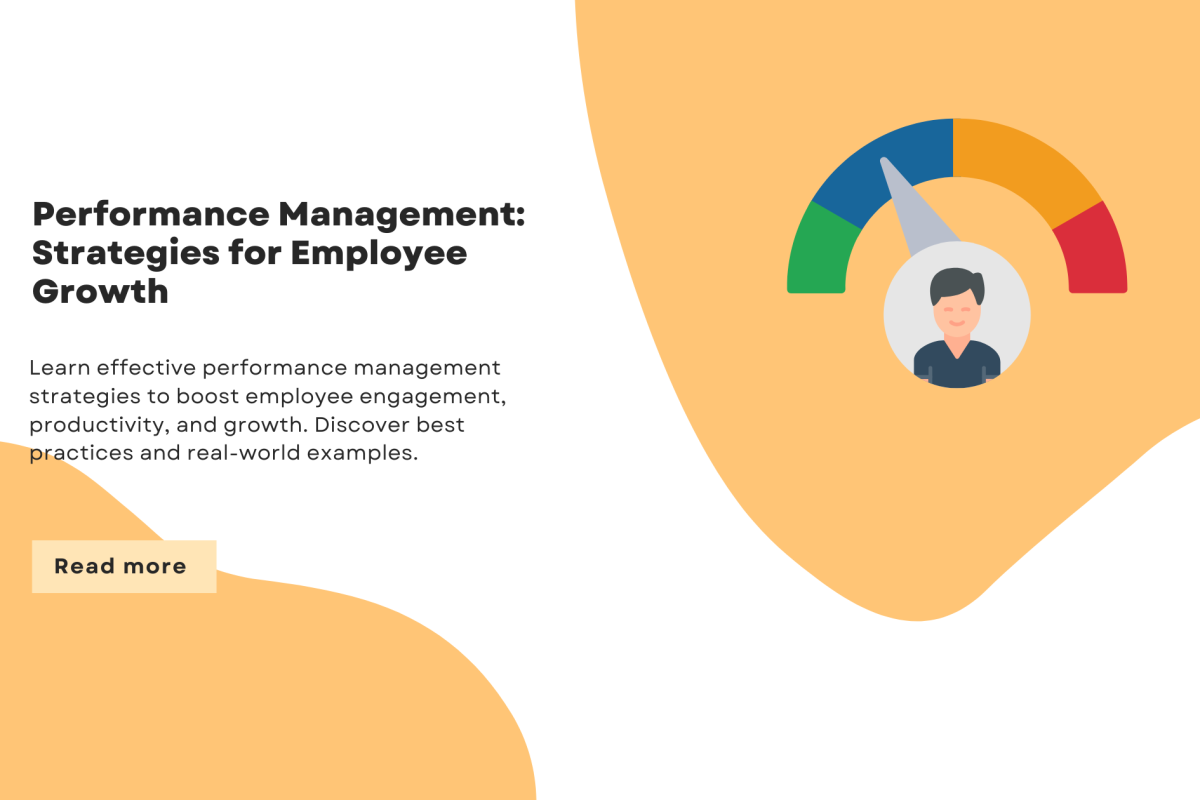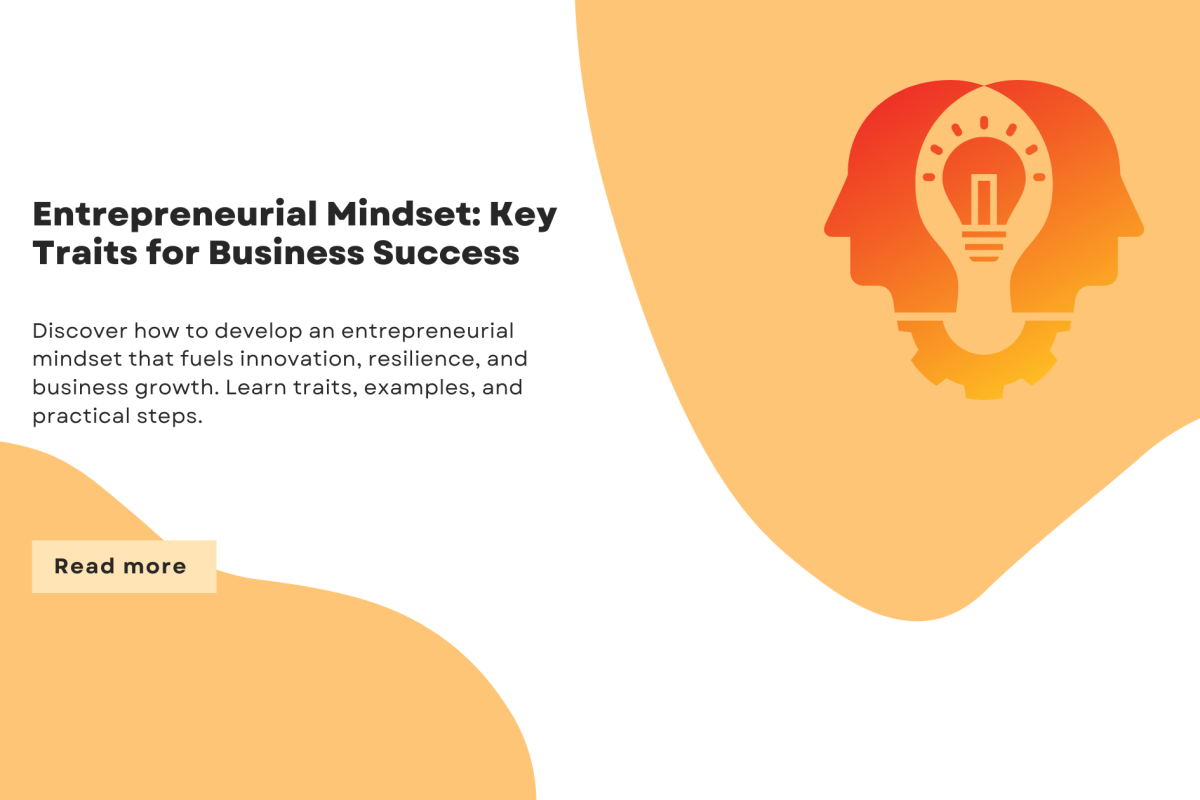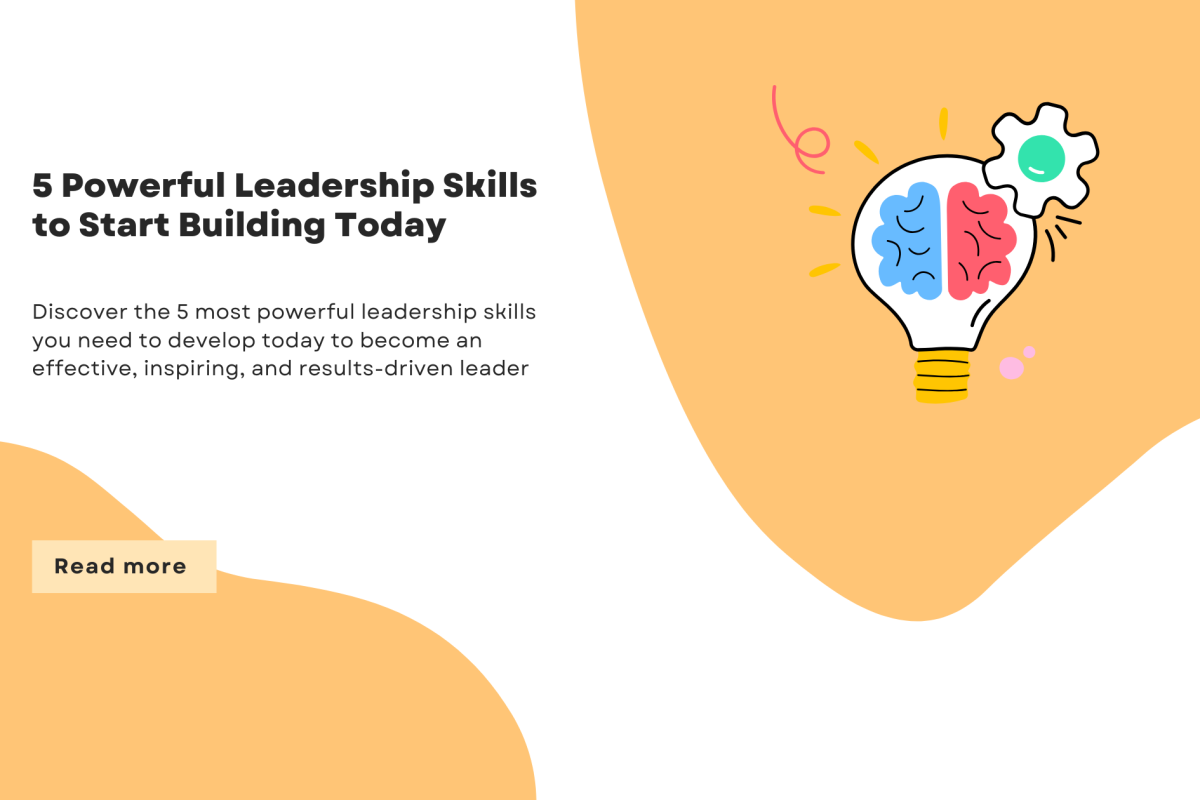What separates a dreamer from a doer? It’s not just the idea—it’s the entrepreneurial mindset. In today’s fast-changing world, having the right mindset isn’t just important, it’s essential. Whether you’re starting a business, working in a startup, or leading a team, developing the mental framework of an entrepreneur will set you apart from the crowd. This blog dives deep into the traits, habits, and thinking patterns that define entrepreneurial success.
What Is an Entrepreneurial Mindset?
An entrepreneurial mindset is a way of thinking that empowers you to overcome challenges, be decisive, learn from failure, and persist through uncertainty. It’s not reserved for business founders alone. Anyone—student, employee, freelancer, or leader—can cultivate it.
This mindset is built on:
- Resilience in the face of failure
- Growth orientation and continuous learning
- Problem-solving and opportunity spotting
- Taking calculated risks instead of playing it safe
Why the Entrepreneurial Mindset Matters More Than Ever
H2: In a Fast-Moving World, Adaptability Wins
Industries are evolving faster than ever. The ability to think like an entrepreneur helps you stay relevant and pivot when needed.
H2: Entrepreneurs Don’t Wait—They Create
Instead of waiting for the “perfect time” or “right opportunity,” people with an entrepreneurial mindset create opportunities, build connections, and act on ideas quickly.
Key Traits of a Successful Entrepreneurial Mindset
H3: Resilience
Entrepreneurs bounce back. They treat failure as feedback, not defeat. The difference between giving up and moving forward lies in your mental strength.
H3: Proactiveness
Taking initiative is second nature. The entrepreneurial mind constantly seeks new ways to solve problems before they become roadblocks.
H3: Risk Tolerance
Not reckless, but calculated. Entrepreneurs assess risk and reward, then make bold moves others avoid.
H3: Vision and Focus
Clarity of long-term goals helps entrepreneurs stay on track. They align daily tasks with their bigger vision.
H3: Adaptability
Markets shift. Trends change. An entrepreneurial thinker adjusts without losing momentum.
How to Develop an Entrepreneurial Mindset

- Start taking responsibility: Entrepreneurs own outcomes, not excuses.
- Ask better questions: Replace “Why me?” with “What can I learn?”
- Build a growth habit: Read, attend workshops, and stay curious.
- Surround yourself with thinkers: Your network shapes your mindset.
- Take action daily: Progress beats perfection every time.
Entrepreneurial Mindset in the Workplace
You don’t have to own a company to think like a founder. Employees with an entrepreneurial mindset are more valuable, resourceful, and innovative. Companies now seek “intrapreneurs”—employees who treat their role like a mission, not a job.
Real-Life Examples of Entrepreneurial Thinking
- A student who turns a problem into a startup.
- A homemaker launching a home-baking brand online.
- An employee building automation systems within their team to save time.
In all these stories, mindset made the difference.
FAQs about the Entrepreneurial Mindset
Q1: Is the entrepreneurial mindset only for business owners?
A: No. Anyone can adopt this mindset—students, professionals, or creatives. It’s about how you approach challenges and opportunities.
Q2: Can this mindset be learned or is it innate?
A: It’s absolutely learnable. Through habits, routines, and environment, anyone can build an entrepreneurial mindset.
Q3: What’s the first step to developing this mindset?
A: Start by taking ownership of your goals and decisions. Accountability is the foundation of entrepreneurial thinking.
Q4: How does this mindset help with failure?
A: It shifts your perception. Failures become stepping stones rather than roadblocks.
Final Thoughts
An entrepreneurial mindset is more than a business asset—it’s a life asset. It helps you face uncertainty with confidence, build solutions from scratch, and move forward when others hesitate. If you want to grow, lead, and make an impact, start cultivating this mindset today. It’s not about starting big—it’s about thinking big and starting small.
Learn more and unlock your entrepreneurial power at 👉 subhamcharan.com



